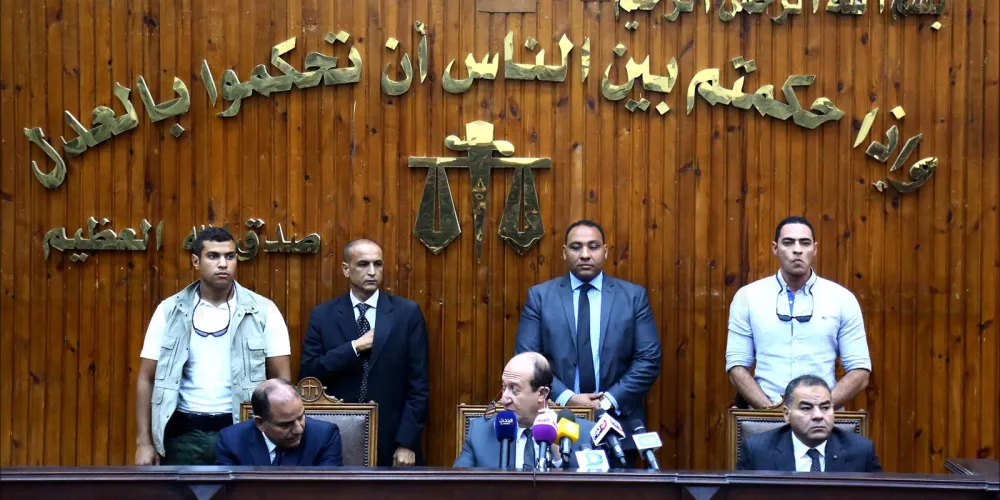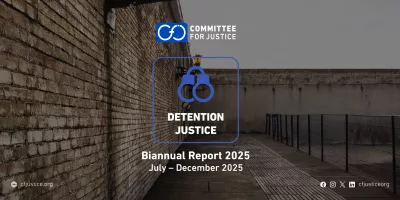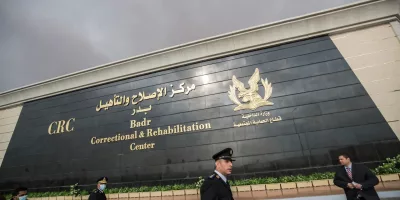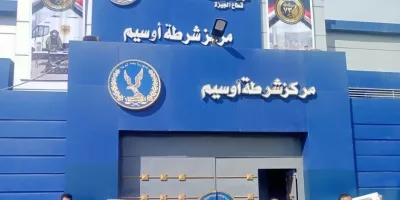The Committee for Justice (CFJ) has expressed strong condemnation of the death sentence issued against Mr. Essam Abdel Majeed Diab Sayed, the second defendant in the case known in the media as “the killing of Major General Nabil Faraj,” which dates back to 2013 in the Kerdasa area.
Recently, Judge Hamed Al-Sawi, President of the Beni Suef Court of Appeal, sitting at the Beni Suef Court Complex, upheld the death sentence by hanging issued against the defendant during a session held at the Beni Suef Court Complex, following the defendant’s appeal of the initial death sentence issued by the First Instance Criminal Court of Beni Suef, presided over by Judge Mohamed El-Saeed El-Sharbiny, which had convicted the defendant and ordered his punishment by hanging.
The CFJ affirms that the trial took place under exceptional procedures that do not guarantee the rights of the defense and are not in line with international standards for fair trial guarantees. It points out that trying civilians before exceptional courts constitutes a blatant violation of articles of the Egyptian Constitution and international treaties ratified by Egypt, such as the Universal Declaration of Human Rights and the International Covenant on Civil and Political Rights, both of which guarantee the right to a fair trial before a competent, independent, and impartial court.
The Committee also notes that exceptional courts do not possess the required independence and impartiality, and are not equipped to ensure justice, especially in cases where the punishment reaches the death penalty — a final penalty that does not allow for reversal or compensation in the event of the defendant’s innocence being proven later.
Therefore, The CFJ calls on the Egyptian authorities to take immediate steps to correct the legal situation of the defendant by halting the execution of the death sentence issued against him, and to reconsider the case in accordance with sound legal procedures that align with international standards, ensuring his trial before a regular civilian court under a non-exceptional law that guarantees the rights of the defense and allows for a fair and transparent trial.






